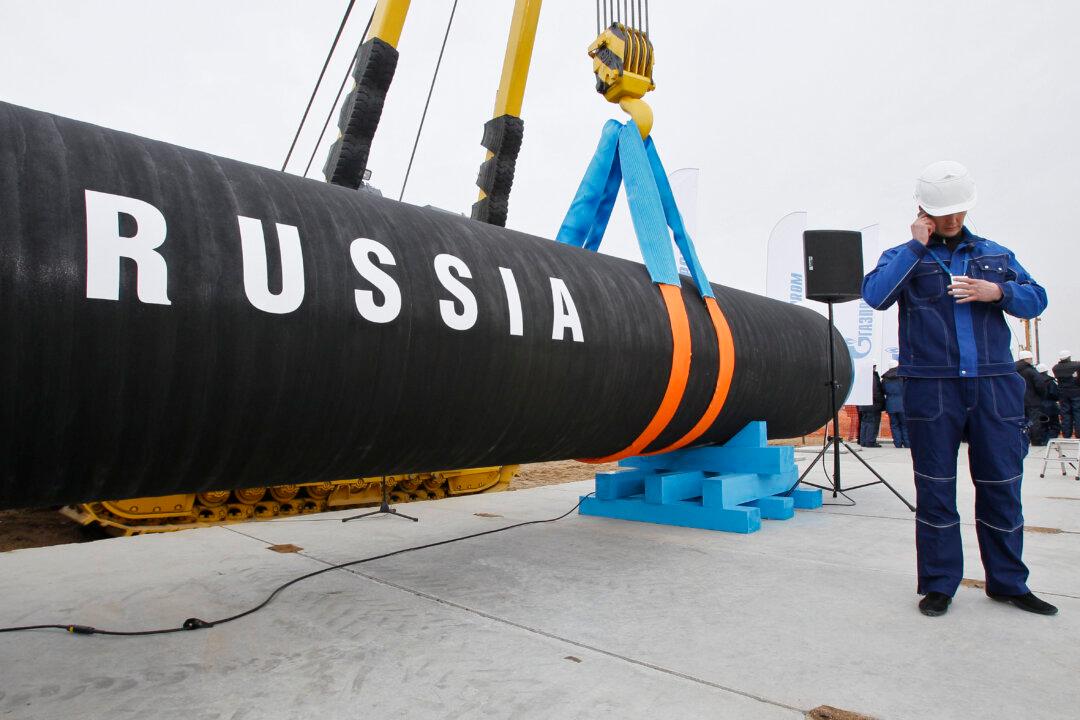Commentary
Vladimir Putin’s inflammatory speech, in which he set out his aim to reconstitute the Russian empire and blamed Lenin for its demise—and his decision to back this up with a full-scale invasion of Ukraine—signals the return of geopolitics.

Vladimir Putin’s inflammatory speech, in which he set out his aim to reconstitute the Russian empire and blamed Lenin for its demise—and his decision to back this up with a full-scale invasion of Ukraine—signals the return of geopolitics.